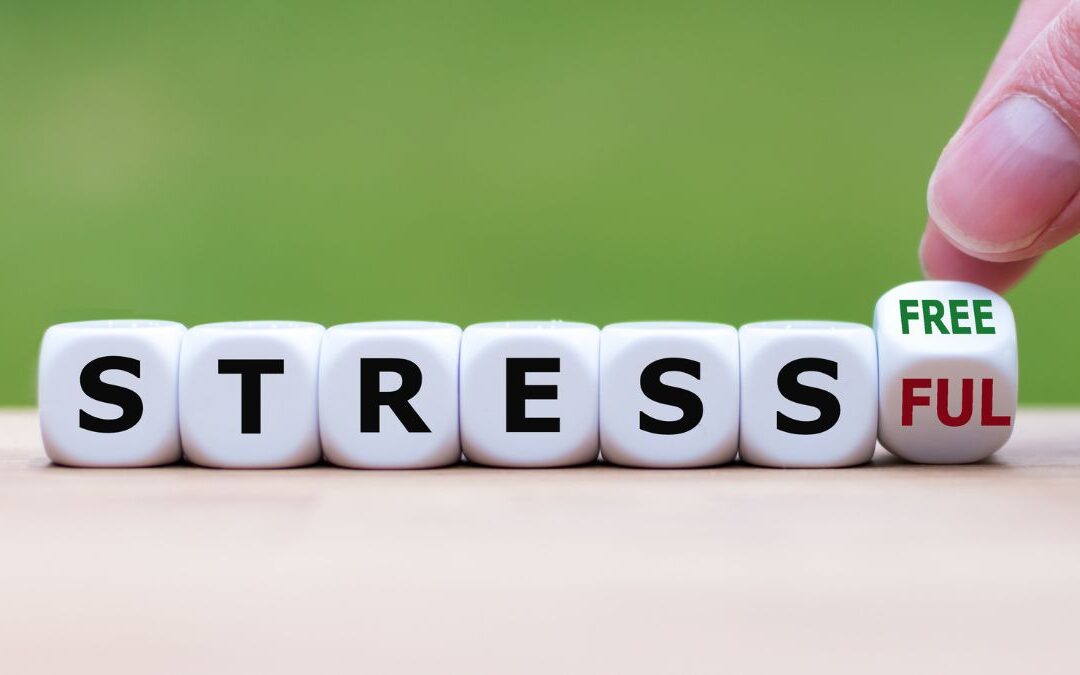Managing Stress: Techniques for a Healthier Life
Stress is an inevitable part of life, but chronic stress can have significant impacts on both physical and mental health. Stress affects the body’s ability to function properly, leading to problems like high blood pressure, weakened immunity, and even digestive disorders. Learning how to manage stress is crucial for maintaining long-term health and improving your quality of life.
How Stress Impacts Your Health
Chronic stress increases the production of cortisol, the body’s primary stress hormone. Elevated cortisol levels over time can weaken the immune system, making you more susceptible to illnesses like colds and infections. High cortisol also contributes to issues like insomnia, weight gain, and mental health problems like anxiety and depression.
Stress and Heart Health
Stress is a major risk factor for heart disease. When you’re stressed, your heart rate increases, and your blood vessels constrict, which raises blood pressure. Over time, chronic stress can damage the blood vessels and lead to the development of heart disease. Stress also encourages unhealthy behaviors, such as overeating, smoking, and excessive drinking, further increasing the risk of cardiovascular issues.
Techniques for Managing Stress
Managing stress begins with recognizing the sources of your stress and implementing effective coping strategies. Here are some proven techniques for stress management:
- Mindfulness and Meditation: Practicing mindfulness or meditation can reduce stress by helping you focus on the present moment rather than worrying about the future.
- Physical Activity: Regular exercise has been shown to reduce cortisol levels and increase endorphins, which are natural mood boosters. Even a simple 30-minute walk can help alleviate stress.
- Deep Breathing Exercises: Controlled breathing techniques, such as diaphragmatic breathing, can trigger the body’s relaxation response, lowering your heart rate and promoting calmness.
- Time Management: Prioritizing tasks, delegating when necessary, and maintaining a structured schedule can prevent feeling overwhelmed and reduce stress.
Medical Disclaimer: The content provided in this article is intended for general informational and educational purposes only and should not be construed as medical advice, diagnosis, or treatment. The information presented is not a substitute for professional medical guidance, diagnosis, or treatment from a licensed healthcare provider. Always seek the advice of your physician or qualified healthcare provider with any questions you may have regarding a medical condition, and never disregard professional medical advice or delay seeking it because of something you have read in this article.
The author and publisher of this article make no representations or warranties concerning the accuracy, applicability, or completeness of the content provided. Any reliance you place on such information is strictly at your own risk. This article is provided “as is” and without any warranties of any kind, either express or implied. The author specifically disclaims responsibility for any liability, loss, or risk, personal or otherwise, incurred as a consequence, directly or indirectly, from the use or application of any of the content herein.
By reading this article, you acknowledge and agree that no physician-patient relationship is established between you and the author. The author is not liable for any actions taken based on the information in this article. If you think you may have a medical emergency, contact your doctor, go to the emergency department, or call emergency services immediately.
